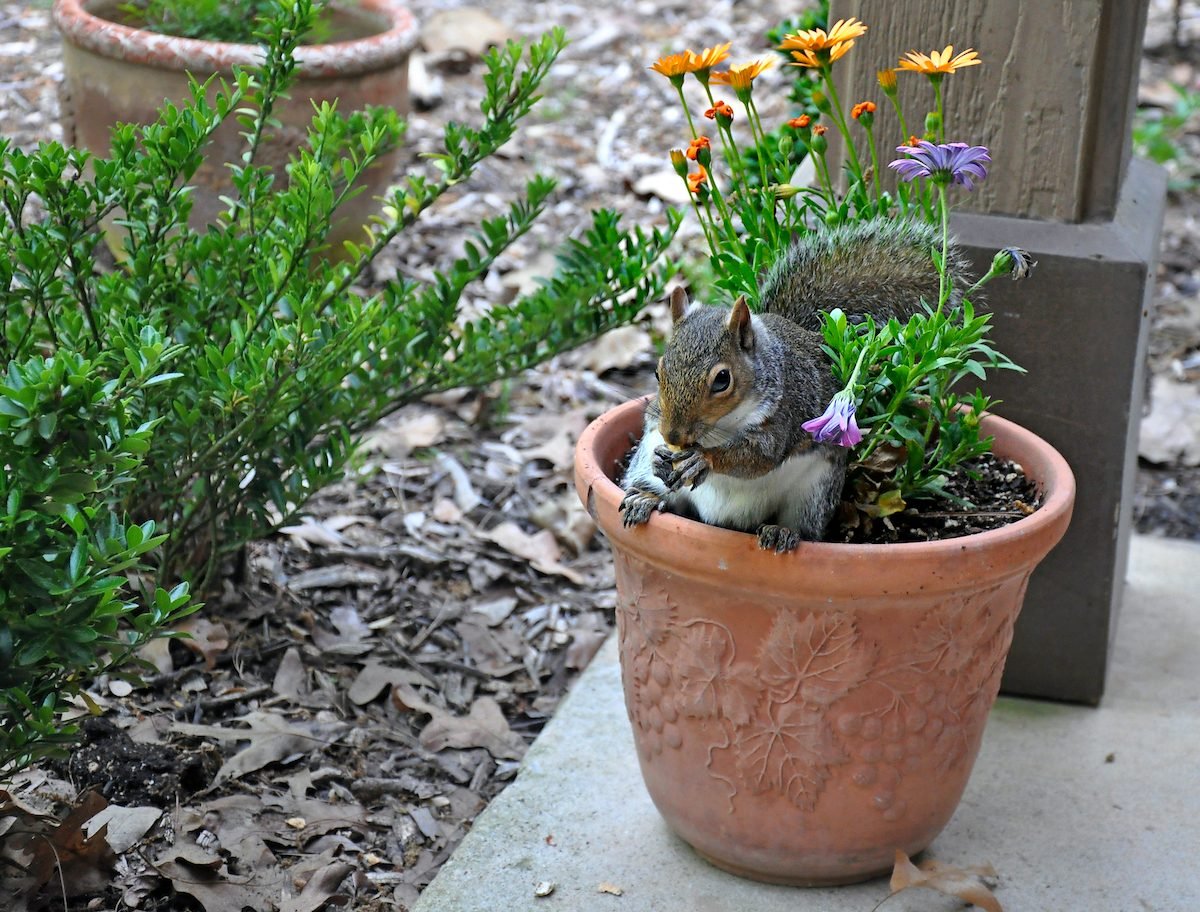Introduction
Squirrels can be a persistent nuisance in gardens, eating seeds, digging up bulbs, and damaging plants. For gardeners seeking natural, eco-friendly solutions, certain plants can act as effective deterrents. This article explores which plants keep squirrels out of your garden and explains how to use them strategically. We’ll cover why squirrels avoid specific plants, share actionable planting tips, and provide expert-backed insights to help safeguard your garden.
Why Do Squirrels Avoid Certain Plants?
Squirrels rely heavily on their keen sense of smell and taste to find food. Plants with strong scents or bitter flavors often repel them. Additionally, some plants contain natural compounds that squirrels find irritating or toxic. Understanding these traits helps gardeners choose plants that naturally discourage squirrels without harming other wildlife.
Key Reasons for Squirrel Avoidance
- Strong Aromas: Plants like mint and garlic emit pungent smells that squirrels dislike.
- Bitter or Spicy Flavors: Capsaicin in hot peppers creates discomfort for squirrels.
- Toxic Compounds: Certain plants contain substances that are mildly toxic or unpalatable to squirrels.
Top Plants That Keep Squirrels Out of Your Garden
Incorporating these plants can significantly reduce squirrel activity:
1. Daffodils (Narcissus)
Daffodils are highly toxic to squirrels and other rodents. Their bulbs contain alkaloids that squirrels avoid digging up. Planting daffodils around vulnerable areas can create a natural barrier.
2. Alliums (Onions, Garlic, Chives)
Alliums emit a sharp, sulfurous smell that squirrels find offensive. Their strong scent masks other garden aromas, making the area less appealing.
3. Peppermint and Spearmint
Mint plants have a strong, refreshing aroma that squirrels dislike. Additionally, peppermint oil can be sprayed around garden beds for enhanced effect.
4. Hot Peppers (Capsicum)
The capsaicin compound in hot peppers irritates squirrels’ mouths and digestive systems. Planting hot peppers or using crushed dried peppers as mulch can deter them.
5. Fritillaria (Crown Imperial)
This unique flowering plant has a strong odor that squirrels find unpleasant. It’s also visually striking, offering aesthetic value.
How to Use Squirrel-Repellent Plants Effectively
Simply planting these species isn’t always enough. Follow these expert tips for best results:
- Create a Border: Plant squirrel-repellent species around garden beds or vegetable patches to form a natural fence.
- Mix with Other Plants: Integrate these plants among your crops to mask scents and confuse squirrels.
- Use Companion Planting: Pair plants like garlic with vulnerable species to boost protection.
- Refresh Scents Regularly: For aromatic plants like mint, crush leaves occasionally to release stronger scents.
Additional Tips to Protect Your Garden from Squirrels
While plants help, combining them with other methods improves success:
- Physical Barriers: Use wire mesh or netting to block access.
- Remove Food Sources: Keep bird feeders clean to avoid attracting squirrels.
- Natural Repellents: Apply sprays made from hot pepper or predator urine.
Conclusion
Using plants to keep squirrels out of your garden offers a sustainable, non-toxic approach that supports ecological balance. Strong-scented, bitter, or toxic plants like daffodils, alliums, and mint create natural deterrents that protect your plants without harming wildlife. For optimal results, combine these plants with physical barriers and other deterrent strategies. Start planting today to enjoy a healthier, squirrel-free garden while embracing environmentally friendly gardening practices.
